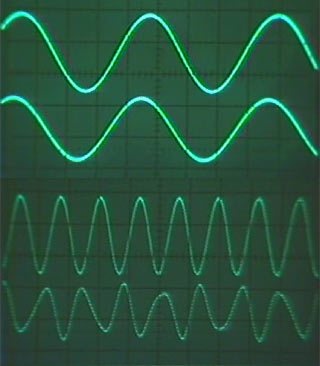Course Description
This course was developed in 1987 by the MIT Center for Advanced Engineering Studies. It was designed as a distance-education course for engineers and scientists in the workplace.
Advances in integrated circuit technology have had a major impact on the technical areas to which digital signal processing techniques and …
This course was developed in 1987 by the MIT Center for Advanced Engineering Studies. It was designed as a distance-education course for engineers and scientists in the workplace.
Advances in integrated circuit technology have had a major impact on the technical areas to which digital signal processing techniques and hardware are being applied. A thorough understanding of digital signal processing fundamentals and techniques is essential for anyone whose work is concerned with signal processing applications.
Digital Signal Processing begins with a discussion of the analysis and representation of discrete-time signal systems, including discrete-time convolution, difference equations, the z-transform, and the discrete-time Fourier transform. Emphasis is placed on the similarities and distinctions between discrete-time. The course proceeds to cover digital network and nonrecursive (finite impulse response) digital filters. Digital Signal Processing concludes with digital filter design and a discussion of the fast Fourier transform algorithm for computation of the discrete Fourier transform.
Course Info
Instructor
Departments
Learning Resource Types











